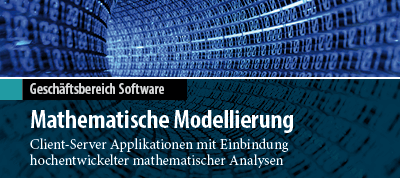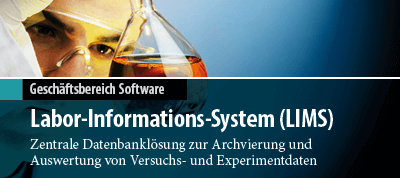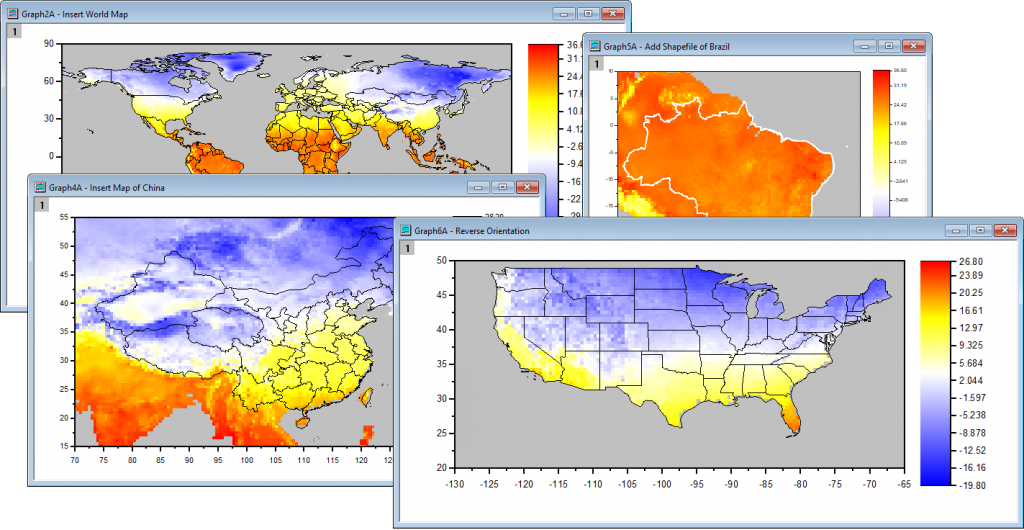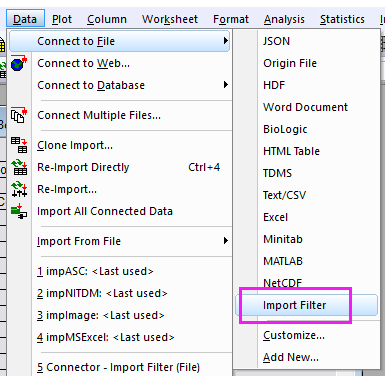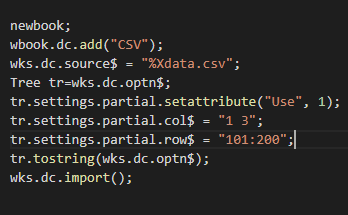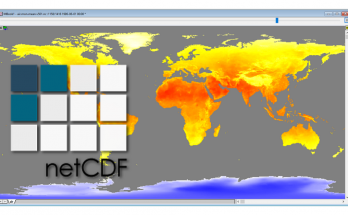Overview of Blog Entries for Data Import in OriginPro and Origin 2021b
Adding Maps to Graphs with Built-In and Imported Shapefiles
Origin has had support for adding maps to graphs for many versions via the Google Maps App. Origin also supported using shapefiles in older versions of Origin, though the process was somewhat difficult. With Origin 2021b, support for using shapefiles has been made remarkably easy.
Read more at the OriginLab Blog
Python Based Connector for Chunking Your File
Starting from version 2021, Origin has been introducing multiple enhanced integrations with the Python programming language. One of the major difficulties that researchers meet regularly is that the raw data would come in from different sources/instruments with different formats/structures. And in order to perform the desired analysis routine, the data file needs to be imported and cleaned correctly to ensure all the following up processes.
OriginPro and Origin 2021b now can load a data filter by a Data Connector so that the datasheet will be dynamically linked with the file and will be automatically updated when the operator launches the project and will get all the latest updates.
Read more at the OriginLab Blog
Programming Data Connectors using LabTalk
Data Connectors are Origin's new and preferred method of importing data. While they are accessible from the Origin GUI, they are also accessible via LabTalk, Origin's built-in scripting language. In the blog post, it is shown how to use two popular Data Connectors (CSV and Excel) to import data via LabTalk. Taken a step further, partial import is included in the example.
Read more at the OriginLab Blog
An Introduction to NetCDF Matrix-Based Features in Origin 2021b
OriginPro und Origin 2021b bring improved support for importing and analyzing data stored in NetCDF files. NetCDF is a popular data file format for climate scientists.
In this blog post, many of the features based on functional grouping are introduced. It will serve as a reference for subsequent blog posts where various features will be utilized to produce different analysis and graphing outcomes.








